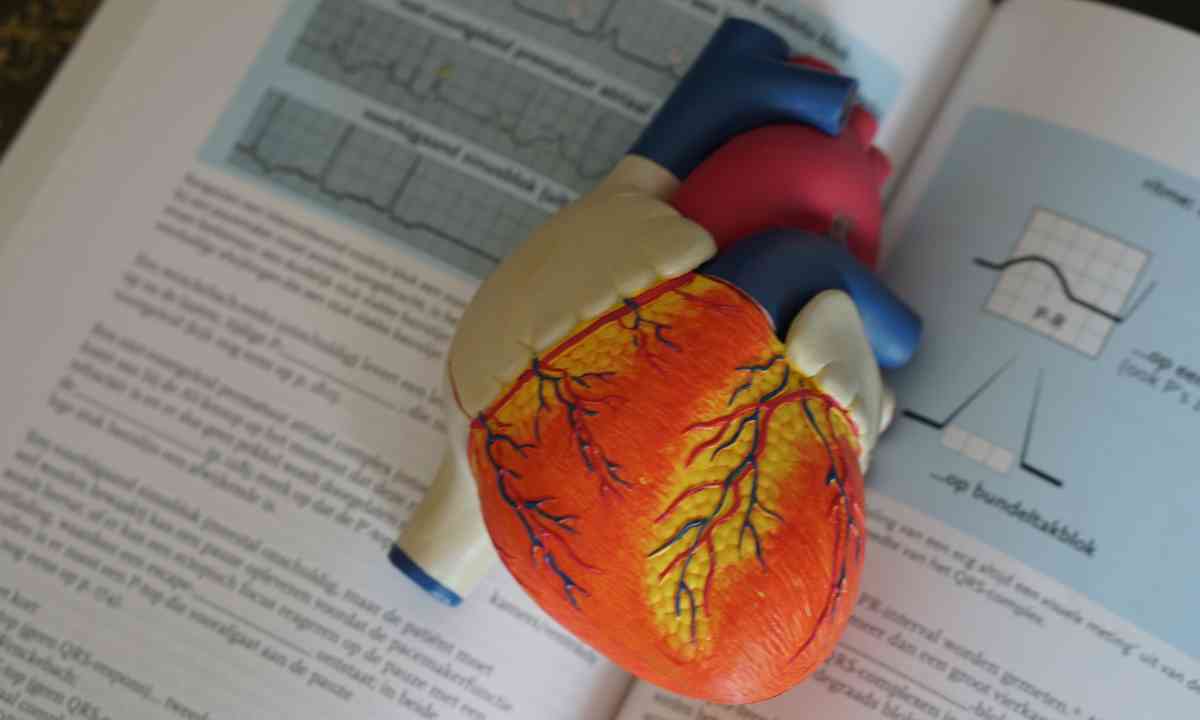A research team from Germany has developed a miniature heart, measuring only 0.5 millimetres in size, to study the earliest developmental phase of the human heart and enable disease research. The heart, also known as an organoid, includes heart muscle cells and cells from the outer layer of the heart wall. Although these cells cannot pump blood, they can contract and be stimulated electrically, much like human heart chambers.
The team, led by Professor Alessandra Moretti from the Technical University of Munich, used pluripotent stem cells to create the mini-heart. The team discovered that precursor cells, of a type recently discovered in mice, are formed around the seventh day of the organoid's development by analysing individual cells.
These findings may lead to new treatment methods for heart conditions such as heart attacks. The researchers also demonstrated that personalised organoids could be used to study individual patients' illnesses, and in the future, drugs could potentially be tested directly on them rather than on animals.
© Copyright 2023. All Rights Reserved Powered by Vygr Media.



















